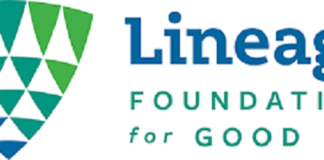
Though the majority of food businesses (74%) recognize the importance of supply chain traceability, food companies are encountering challenges to implementing real-time, end-to-end traceability, according to new research from Foods Connected. In an effort to understand the factors influencing the adoption of supply chain traceability, Food Connected conducted a survey of 500 industry professionals in the US and the UK.
More than four in 10 (42% of) surveyed companies don’t yet have a digital system to manage food safety, quality, and traceability; however, they’re considering investing in such a solution. Unfortunately, data silos present a challenge for 69% of companies, and they face several other major barriers, including:
- Lack of education about available funding opportunities
- Insufficient understanding of traceability’s benefits
- The industry is slow to invest in new technologies
- The need to upskill employees
- Collecting the correct data without analyzing it
Even with all these hurdles to overcome, most businesses in the US (68%) say they’ll be ready for FSMA 204 compliance deadlines, and 79% of UK companies feel prepared for EUDR.
Find more insights on food supply chain traceability in the full report.






![[Webinar] Chaos into Clarity: Future Proofing Your Food & Beverage Company with ERP](https://foodindustryexecutive.com/wp-content/uploads/2024/07/Aptean-Chaos-into-Clarity-Future-Proofing-Your-Food-Beverage-Company-with-ERP-218x150.png)

